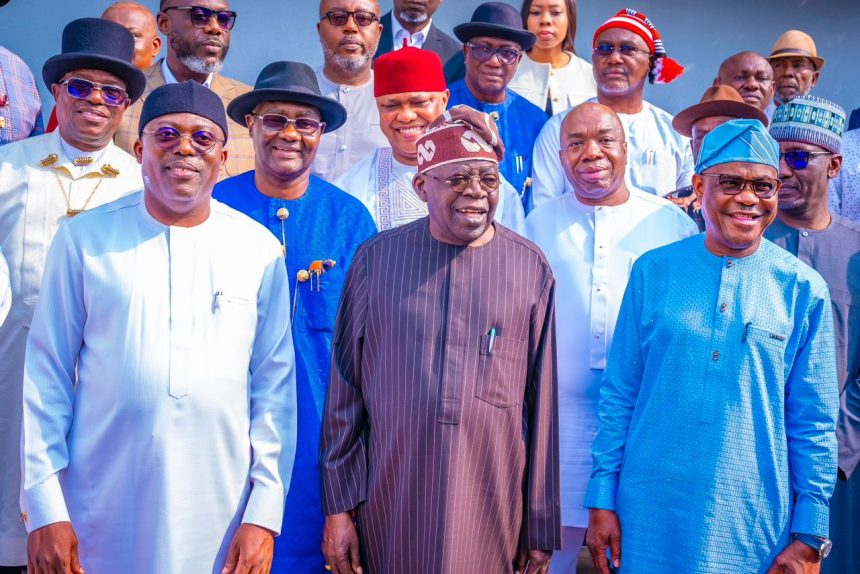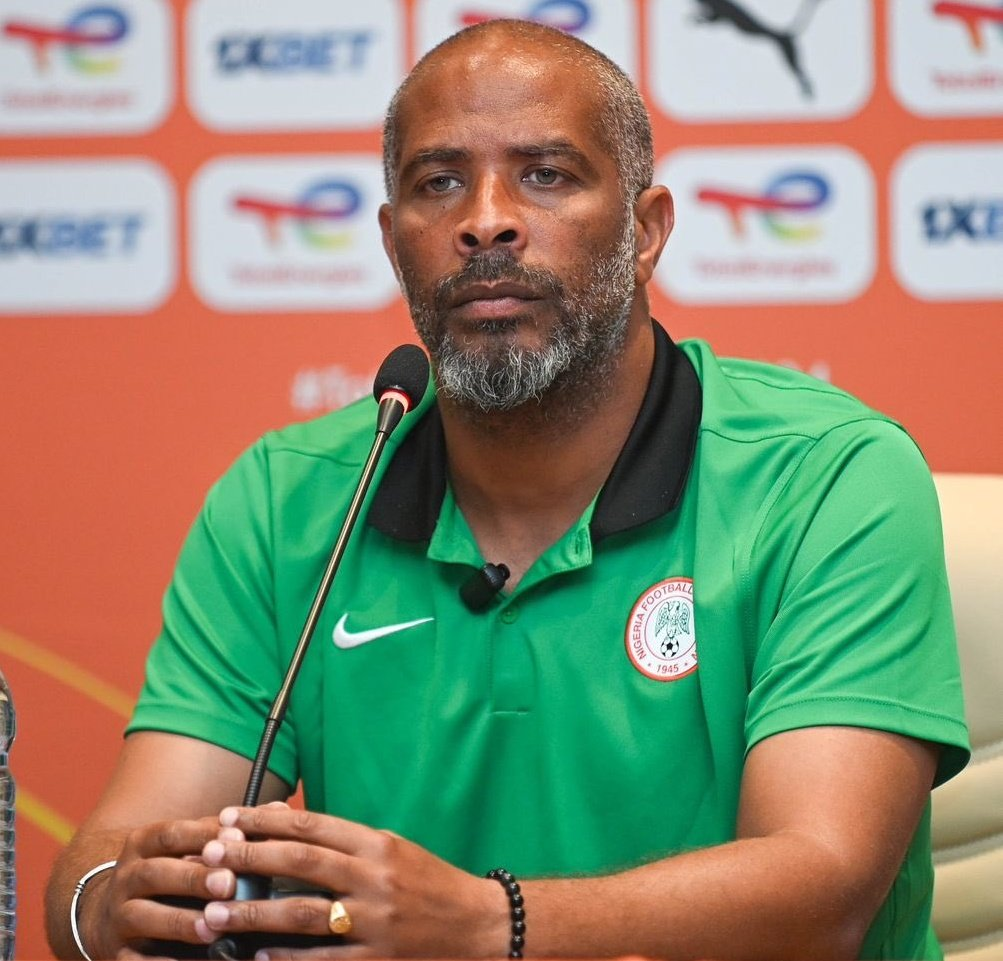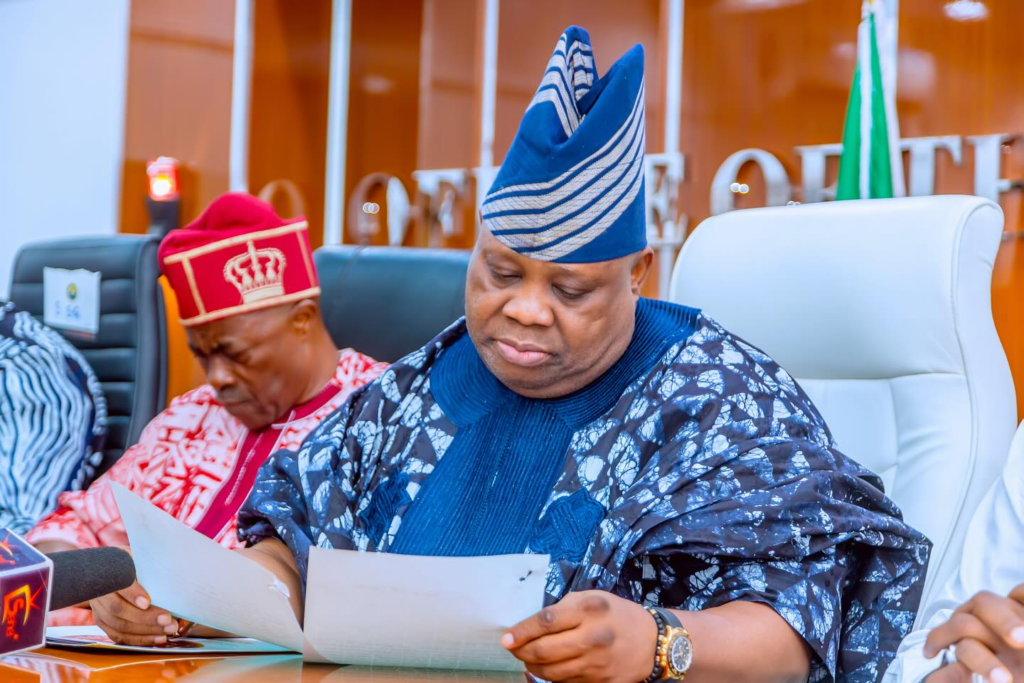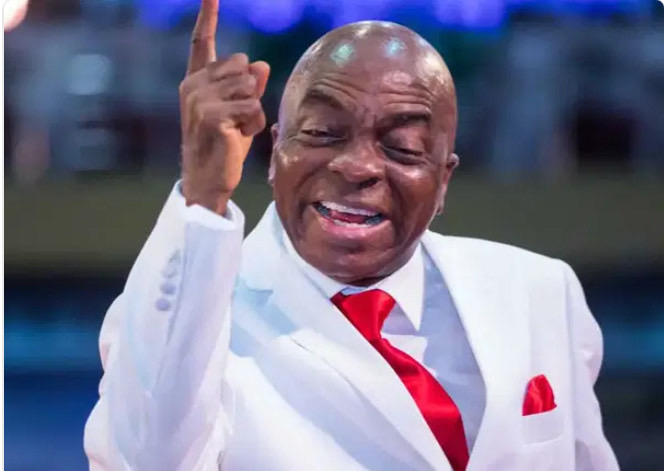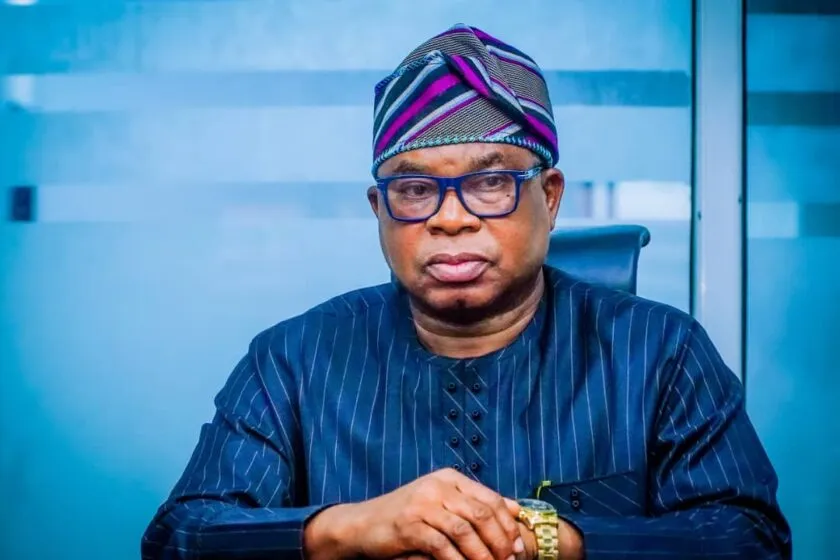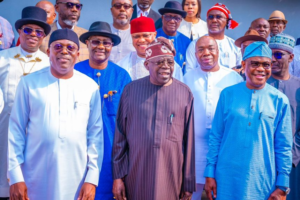The Minister of Power, Adebayo Adelabu, has disclosed that the Federal Government continues to provide subsidies for electricity despite the recent tariff increase, citing ongoing financial burdens in the sector.
In an interview on Channels Television’s Politics Today program, Adelabu revealed that the government faces a substantial subsidy obligation of approximately N1.8 trillion for the year 2024.
Adelabu emphasized that the Electricity Act of 2023 permits tariff reviews twice a year, underscoring the legality of the recent adjustment in electricity tariffs.
Responding to criticisms regarding the tariff hike, particularly from human rights lawyer Femi Falana, Adelabu defended the government’s actions, stating that tariff adjustments fall within the purview of the Nigerian Electricity Regulatory Commission (NERC).
He said, “Review of tariff is actually legal once it is within the exclusive responsibility of the Nigerian Electricity Regulatory Commission (NERC). The Act actually provides for review twice in a year, every six months.”
Addressing claims in some quarters that the Federal Government had removed subsidy on electricity in 2022, Adelabu cited rising dollar, soaring gas price, the cost of power plant, transmission and distribution infrastructure, amongst others in the last two years.
“If we have been paying the tariff at the same level in the last two years, it logically means that someone has been paying the burden of all these increases,” he stated.
“As it is today, looking at a total production, transmission and distribution cost, the Nigerian Government is bearing 67% percent of that cost before the increase in tariff for Band A customers. But when you look at generation cost, the Nigerian Government is paying 90% but in terms of total subsidy, it is about 67% of subsidy on the tariff.
“Last year, it was about N720bn which was not fully funded, we have about N305bn carried into this year. If we retain tariff at the current level, the Nigerian Government will be needing about N2.9trn to subsidise electricity but with the increase for Band A customers, we are going to have a reduction of about N1.1trn. So, we are looking at about N1.8trn in subsidy,” he further explained.
On April 3, 2024, NERC raised electricity tariff for customers enjoying 20 hours power supply daily. Customers in this category are said to be under the Band A classification. The increase will see the customers paying N225 kilowatt per hour from the current N66, a development that has been heavily criticised by many Nigerians, considering the immediacy of the tariff hike and the current hardship in the land.
He highlighted the significant financial burden borne by the government, with subsidies covering a substantial portion of production, transmission, and distribution costs.
However, Adelabu said, “The fact that the tariff for Band A, which is 15% of the total consumers will increase by over 200%, does not necessarily translate into 200% increase in their electricity bill if power is properly managed in terms of consumption.”
The recent tariff increase, particularly affecting Band A customers, has sparked public outcry due to its immediate impact on electricity bills amidst prevailing economic challenges.
Adelabu sought to reassure consumers, emphasizing that proper management of power consumption could mitigate the perceived drastic increase in electricity bills.
Furthermore, Adelabu expressed optimism regarding potential tariff reductions in response to positive developments such as the strengthening of the Nigerian currency against the dollar.
“The tariff is flexible and I can tell you that even if naira gains more and the exchange rate comes down below N1,000, it must positively affect the tariff and the tariff even for the Band A will come to down below the N225 kilowatt per hour that we are currently charging,” he said
He indicated that improvements in power generation, coupled with increased efficiency in the sector, could contribute to tariff moderation in the future.
The minister further said the government has been working on ramping up power generation from about 4,000 megawatts to 6,000 megawatts in the next six months. He said 25% of Nigeria’s power generation is from hydroelectric power while the remaining 75% is from gas plants.
The minister said “the gas that is supposed to be the raw material has not been coming in adequate proportion” but the government has been working with electricity generation companies to ramp up power generated for the benefit of Nigerians.
He underscored the importance of diversifying power sources and enhancing transmission and distribution infrastructure to support Nigeria’s industrial growth and economic transformation.





